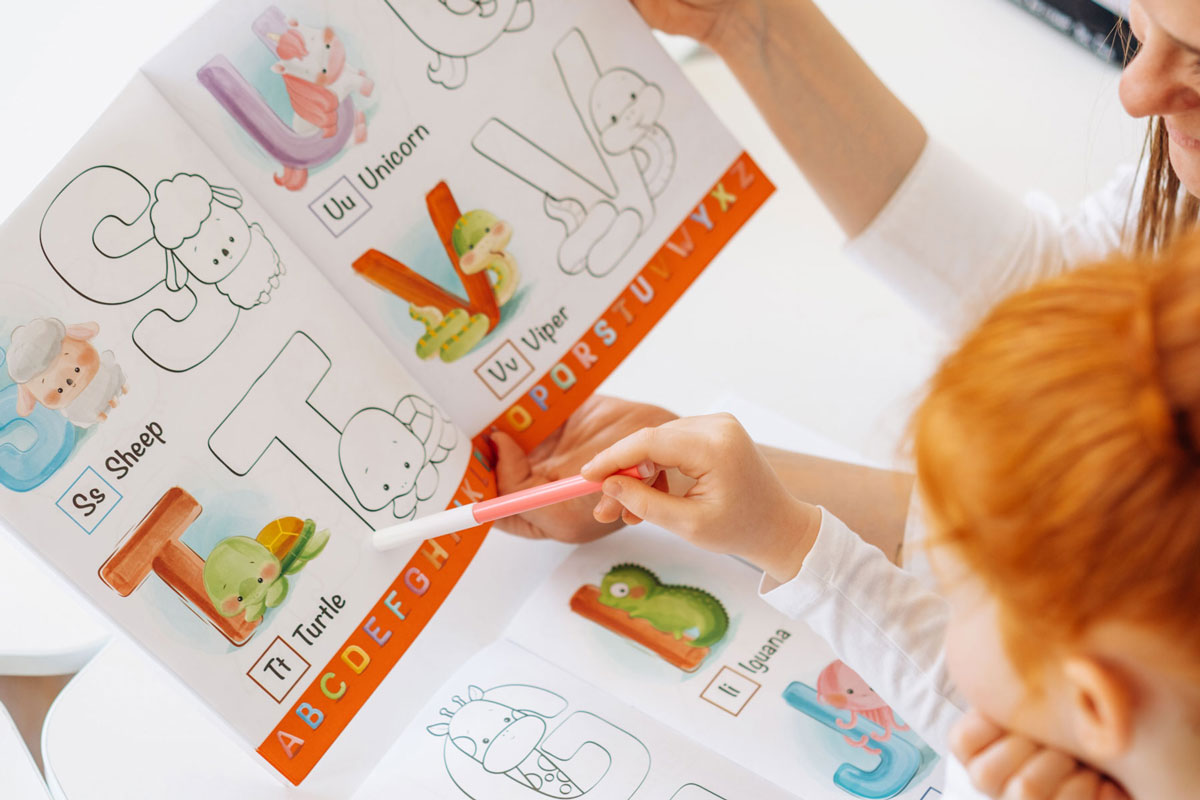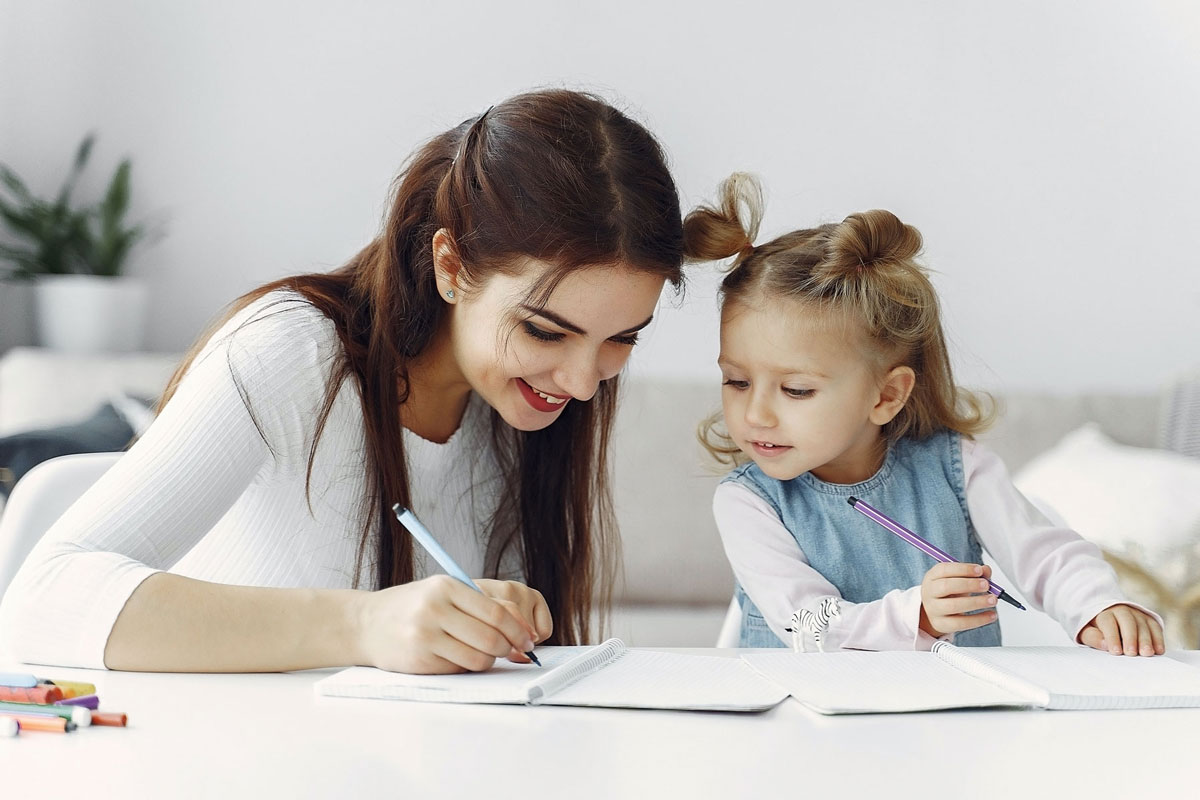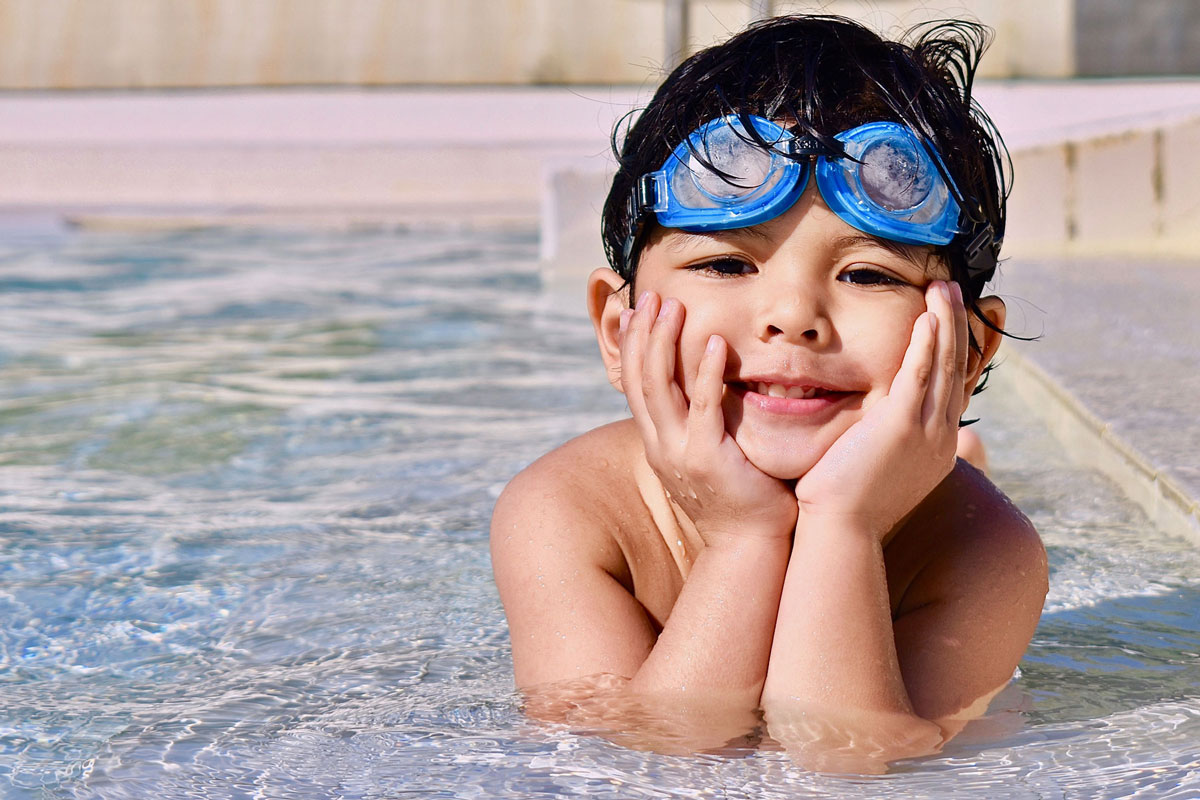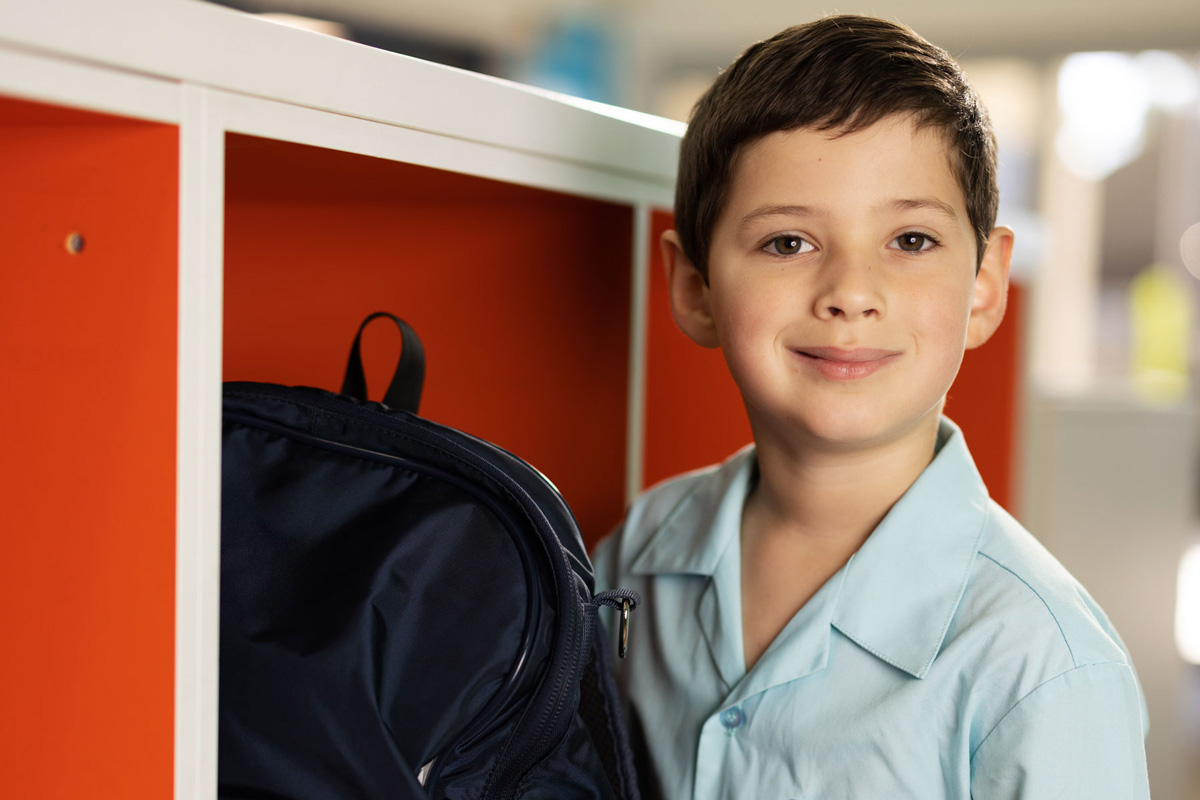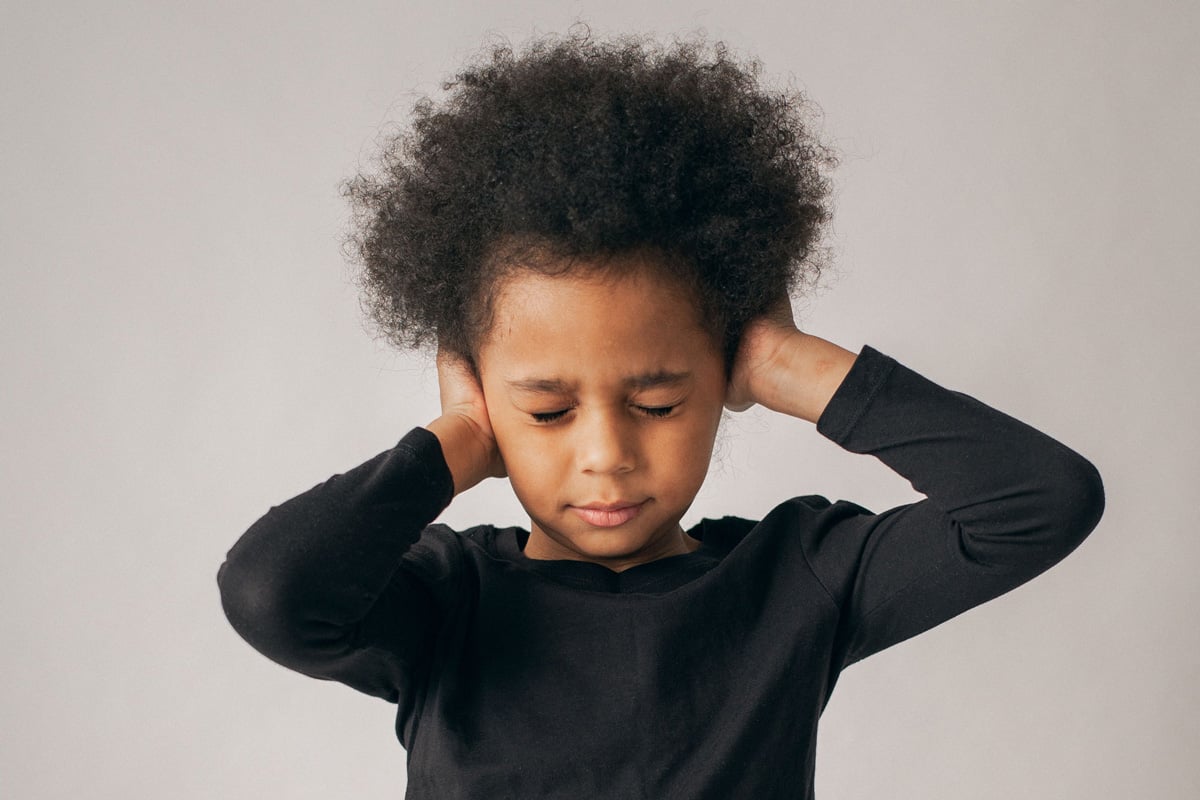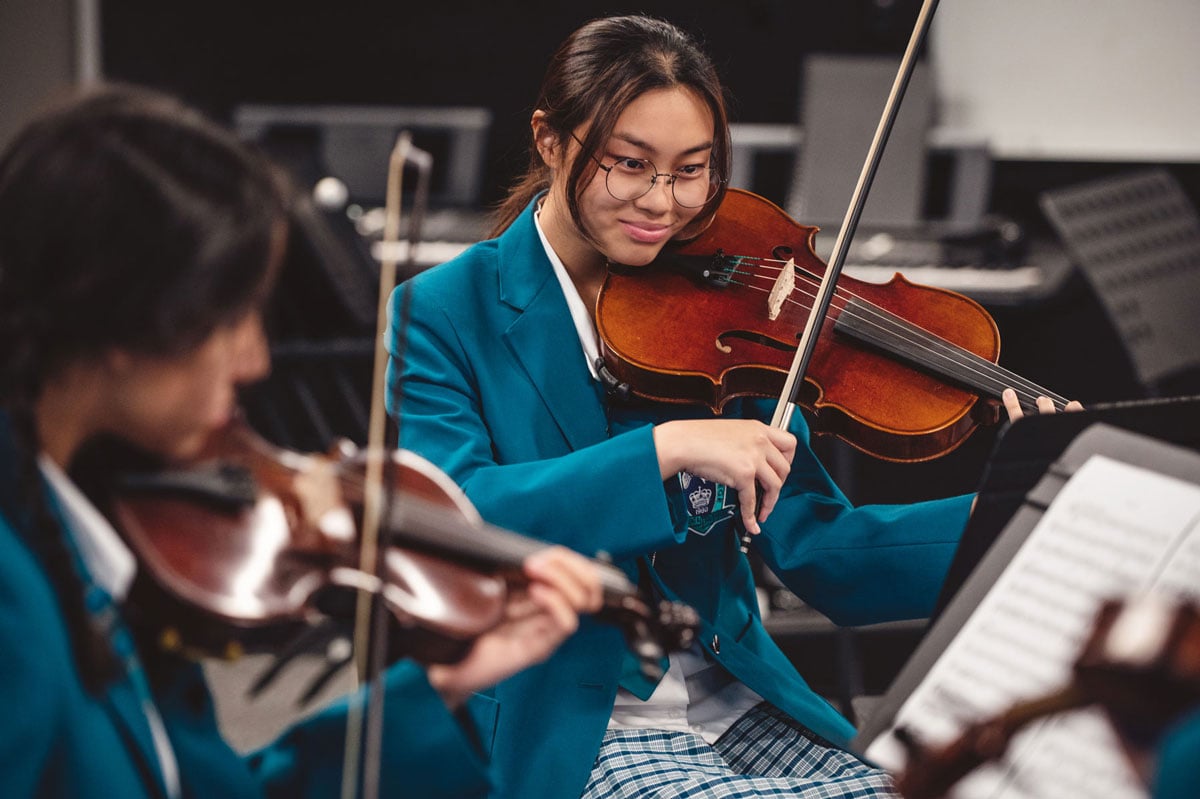In Australian schools, children are taught to read phonetically: They learn their letters and the sounds they make – both individually and in combination with other letters (eg ‘ch’, ‘th’, ‘sh’). In this way, they learn how to read and build words from their component phonemes.
In an increasingly digital age, it's easy to view handwriting as a dying art. Few people own fountain pens; most written correspondence is tapped directly into devices. In Finnish schools, children are no longer taught cursive (joined-up) writing but move straight to keyboards two years after learning their letters.
Topics: Literacy, Primary School, Preschool, Prep
When my boys were little, I used to compare them (unkindly maybe) with puppies. Providing they had plenty of affection and were allowed to run around a lot outside, they were happy. Preschoolers are natural little whirlwinds of energy and need masses of exercise. Physical activity keeps little ones fit, healthy and strong, helps them relax and sleep better and is FUN!
Topics: Social Skills, Preschool, Prep, Health, Sport
Have a little one starting school this year?
Read our tips for helping you and your child prepare for this exciting new adventure ...
"Did you hear what I just said? Go and sort your school bag out!"
"How many times have I asked you to do this?"
"Why didn't you hand your homework in to your teacher today?"
Topics: Parenting, Behaviour, Primary School, Preschool, Prep
There are so many benefits to learning to play an instrument - it relieves stress, builds confidence, develops reasoning skills and more. But for parents who have never played an instrument themselves, deciding on a first instrument for their child can be a daunting experience.
Conversely, parents who are proficient at music often put their child on the same musical journey, starting their child on the instrument they first learnt to play.
Topics: High School, Primary School, Preschool, Prep, Performing Arts




